Talkers
Similar Movies
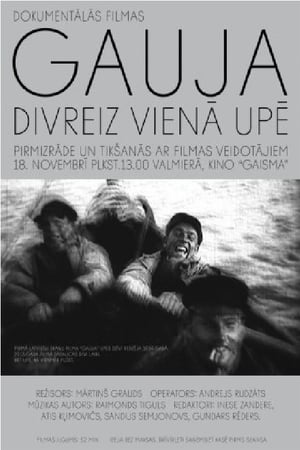 0.0
0.0Gauja. Twice in the River(lv)
A film documenting contemporary Latvian reality along the banks of the river Gauja while channelling one of the first Latvian sound documentary films, Gauja (1934). “Along with producers Sandijs Semjonovs and Gundars Rēders and editor Atis Klimovičs, we witnessed incidents and events along the banks of the river some 80 years later. We captured them along with the views of folks on this river in a documentally poetic style reflecting the reality in Latvia,” explains director Mārtiņš Grauds.
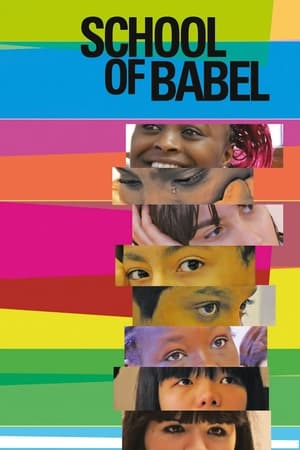 6.6
6.6School of Babel(fr)
They just arrived in France. They are Irish, Serbs, Brazilians Tunisians, Chinese and Senegalese ... For a year, Julie Bertuccelli filmed talks, conflicts and joys of this group of students aged 11 to 15 years, together in the same class to learn French.
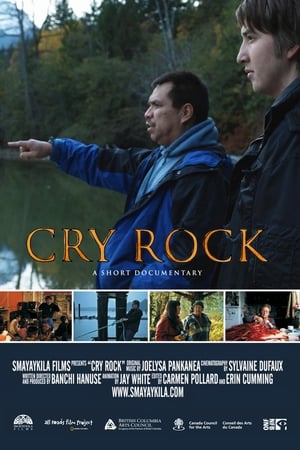 0.0
0.0Cry Rock(en)
The wild beauty of the Bella Coola Valley blends with vivid watercolor animation illuminating the role of the Nuxalk oral tradition and the intersection of story, place and culture.
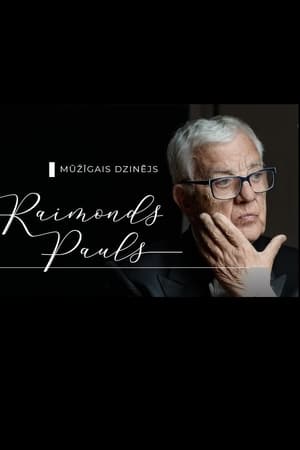 0.0
0.0Perpetuum mobile. Raimonds Pauls(lv)
Raimonds Pauls is almost 85 years old, rehearses almost every day and performs at least once a week. What drives him? Not only he is the most popular composer in Latvia: his songs are sung all over the world. "Dāvāja Māriņa" is so popular in Japan that Paul received the Japanese Order of the Rising Sun. In concerts, he collaborates with world stars of Latvian origin - soprano Elīna Garanča, organist Iveta Apkalna, conductor Mariss Jansons. The Latvian Television film crew follows him during the pandemic, realizing that the restrictions and threats of Covid-19 hardly stop the Maestro in the course of his eternal engine. How does he cope with the challenges that time imposes on a person's physical form and the loneliness when most friends have passed away? What is the source of his inexhaustible lifestyle and creative spirit?
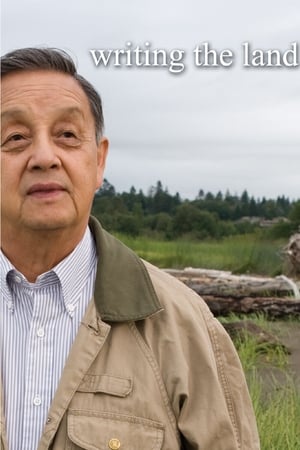 0.0
0.0Writing the Land(en)
In this short documentary, a Musqueam elder rediscovers his Native language and traditions in the city of Vancouver, in the vicinity of which the Musqueam people have lived for thousands of years. Writing the Land captures the ever-changing nature of a modern city - the glass and steel towers cut against the sky, grass, trees and a sudden flash of birds in flight and the enduring power of language to shape perception and create memory.
 6.7
6.7The Brave Class(es)
Three college students start a social experiment to prove that reality changes according to the words we use to describe it. Through research, activist actions, and artistic interventions, they analyze the importance of language in the way we understand the world. The documentary includes analysis from more than 20 international experts and leaders in the fields of political communication and information.
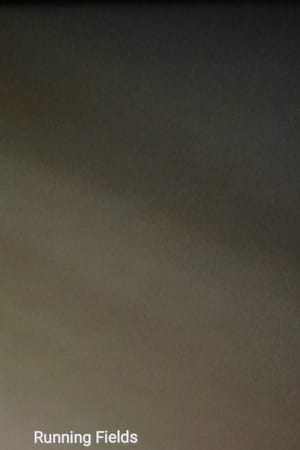 0.0
0.0Running Fields(en)
Three images of a person running in the void through the movement of speed and abstract images
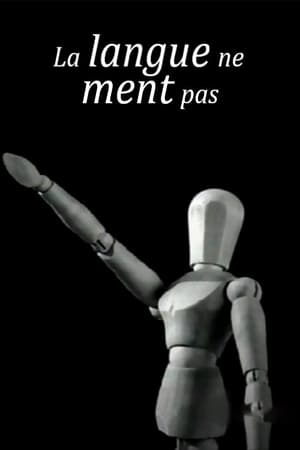 8.0
8.0Language Does Not Lie(fr)
Victor Klemperer (1881-1960), a professor of literature in Dresden, was Jewish; through the efforts of his wife, he survived the war. From 1933 when Hitler came to power to the war's end, he kept a journal paying attention to the Nazis' use of words. This film takes the end of 1945 as its vantage point, with a narrator looking back as if Klemperer reads from his journal. He examines the use of simple words like "folk," "eternal," and "to live." Interspersed are personal photographs, newsreel footage of Reich leaders and of life in Germany then, and a few other narrative devices. Although he's dispassionate, Klemperer's fear and dread resonate
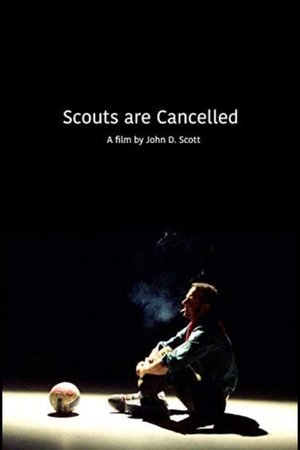 0.0
0.0Scouts Are Cancelled(en)
Director John Scott crafts this look at the curious life of his longtime friend John Stiles — an aspiring writer and former telephone marketer whose midlife meltdown worked wonders for his career. Stiles was down on his luck working as a telemarketer in Toronto when, one day, he threw out his pre-written script and began speaking to customers in curious character voices inspired by his upbringing in Nova Scotia. That month, Stiles made the most sales of any employee and earned a free DVD player for his efforts. In the following years, Stiles threw caution to the wind, venturing out to local open mic nights — where he developed a substantial cult following — and later publishing a pair of books with Insomniac press.
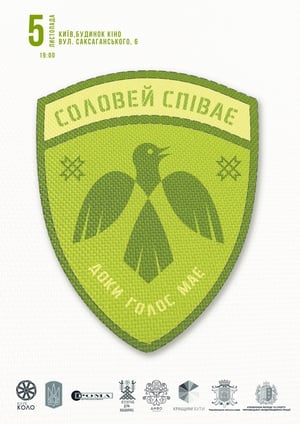 8.5
8.5The Nightingale Sings(uk)
The movie explores the origin of the Ukrainian language and persecution of those who defended its authenticity. Using examples of other countries, creators of the film prove that a nation cannot exist without a language.
 9.0
9.0Those Who Come, Will Hear(iu)
“Those Who Come, Will Hear” proposes a unique meeting with the speakers of several indigenous and inuit languages of Quebec – all threatened with extinction. The film starts with the discovery of these unsung tongues through listening to the daily life of those who still speak them today. Buttressed by an exploration and creation of archives, the film allows us to better understand the musicality of these languages and reveals the cultural and human importance of these venerable oral traditions by nourishing a collective reflection on the consequences of their disappearance.
 0.0
0.0Running Fields IV(en)
Twenty-four images of a camera running in the woods, a moonlight and a cemetery through improvised gestures, mechanical abstraction and saturated colors
 0.0
0.0Cree Code Talker(en)
CREE CODE TALKER reveals the role of Canadian Cree code talker Charles 'Checker' Tomkins during the Second World War. Digging deep into the US archives it depicts the true story of Charles' involvement with the US Air Force and the development of the code talkers communication system, which was used to transmit crucial military communications, using the Cree language as a vital secret weapon in combat.
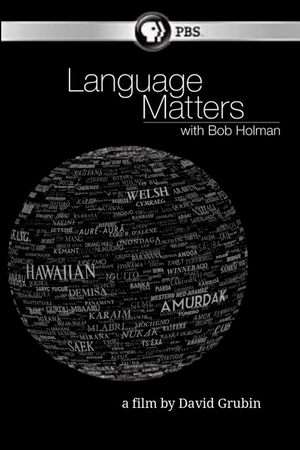 10.0
10.0Language Matters with Bob Holman(en)
There are over 6,000 languages in the world. We lose one every two weeks. Hundreds will be lost within the next generation. By the end of this century, half of the world's languages will have vanished. Language Matters with Bob Holman is a two hour documentary that asks: What do we lose when a language dies? What does it take to save a language?
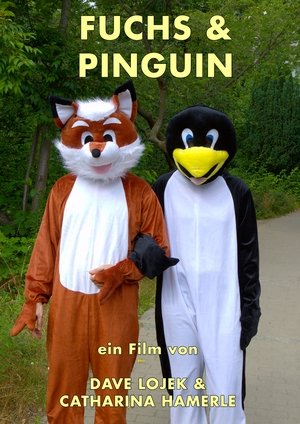 10.0
10.0Fox & Penguin(de)
How do German couples communicate in private? What are they arguing about? Is the way to a man’s heart really through his stomach? This docu-fictional hybrid production discusses such questions with the help of authentic interview snippets that were edited under the staged plot. We get an insight into the life of an animal couple, who experience typical everyday situations on behalf of us humans. At first, our fox is emotionally contained, while the penguin lady may get wild as hell. With a wink, the filmmakers hold up a mirror to the audience in the cinema.
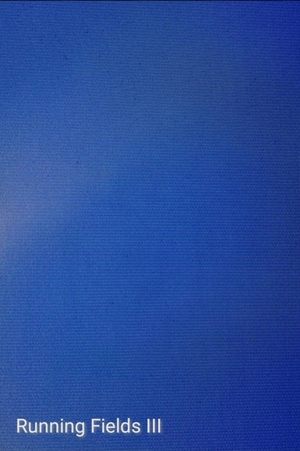 0.0
0.0Running Fields III(en)
Twenty images of a camera running next to a chemical platform and capturing abstract light throught improvised gestures and asymmetrical motion
 6.8
6.8Poto and Cabengo(en)
Documentary by Jean-Pierre Gorin about twin girls who spontaneously developed their own unique language as children.
 0.0
0.0Hunting Confessions(en)
"This project consists a visual fluidity of construction, harmony and thoughts taking colors and length from this body of autonomy. Different images between figuration and abstraction are created by meaning and phenomenon letting the decoupage revealing a piece of a strange underworld. I built it like a window opened to the fresh air of improvisation by familiar landscapes, those exact moments articulating a connection between light and movement."
 0.0
0.0Running Fields II(en)
Fifteen images of a camera running in a park and in obscurity searching the space of light through distorsion and the sensory of rapid motion.
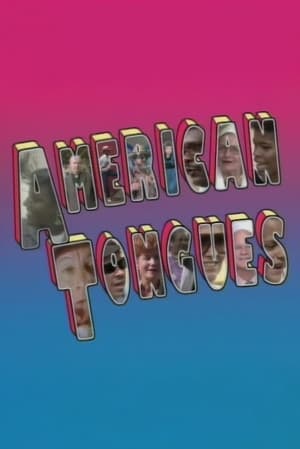 7.0
7.0American Tongues(en)
Rich in humor and regional color, this sometimes hilarious film uses the prism of language to reveal our attitudes about the way other people speak. From Boston Brahmins to Black Louisiana teenagers, from Texas cowboys to New York professionals, American Tongues elicits funny, perceptive, sometimes shocking, and always telling comments on American English in all its diversity. (PBS)
